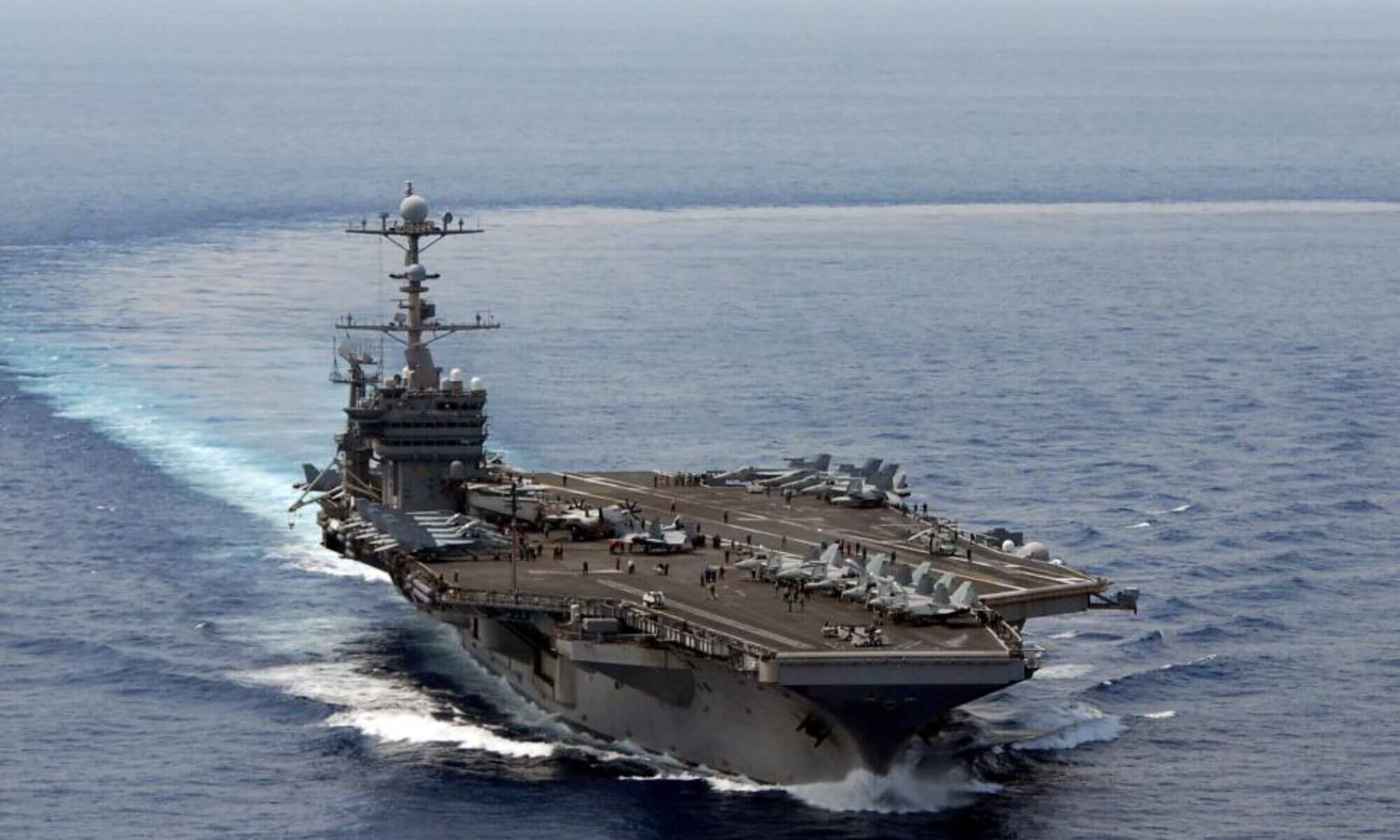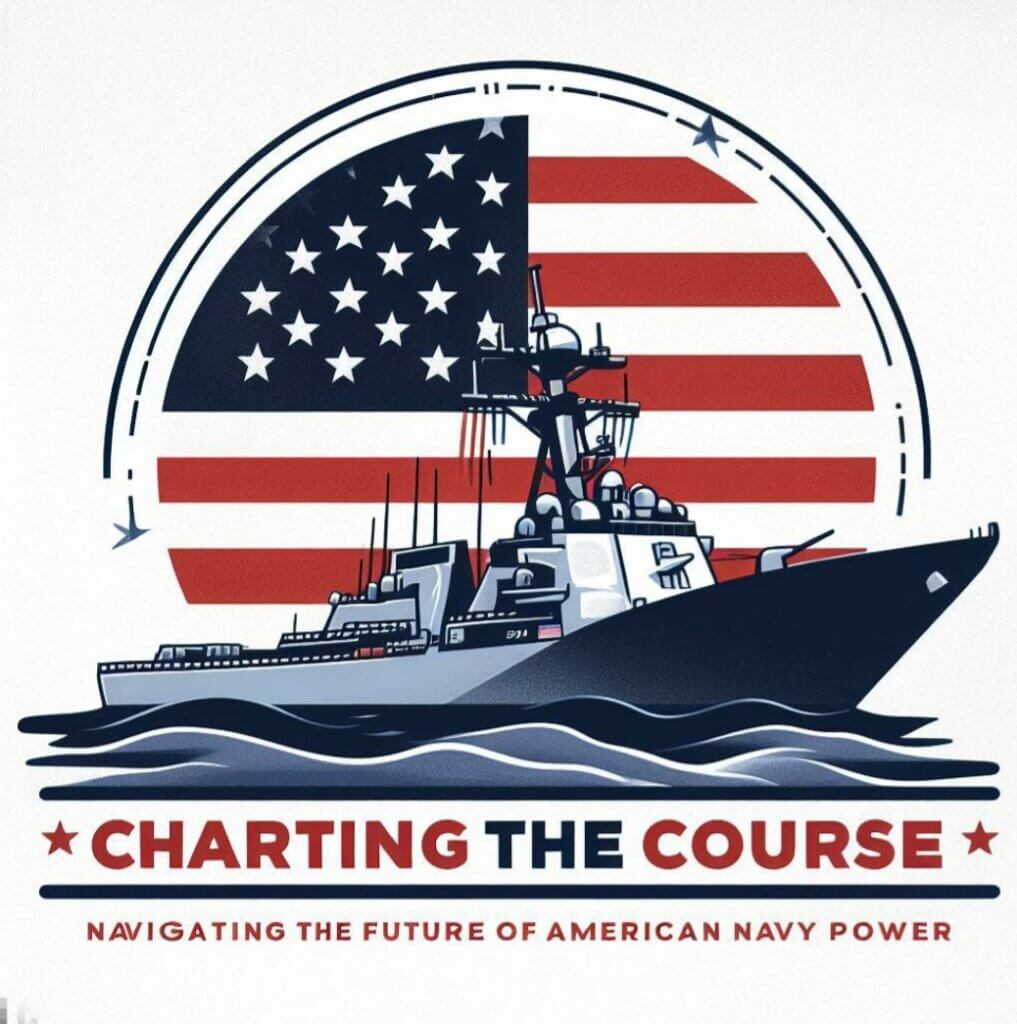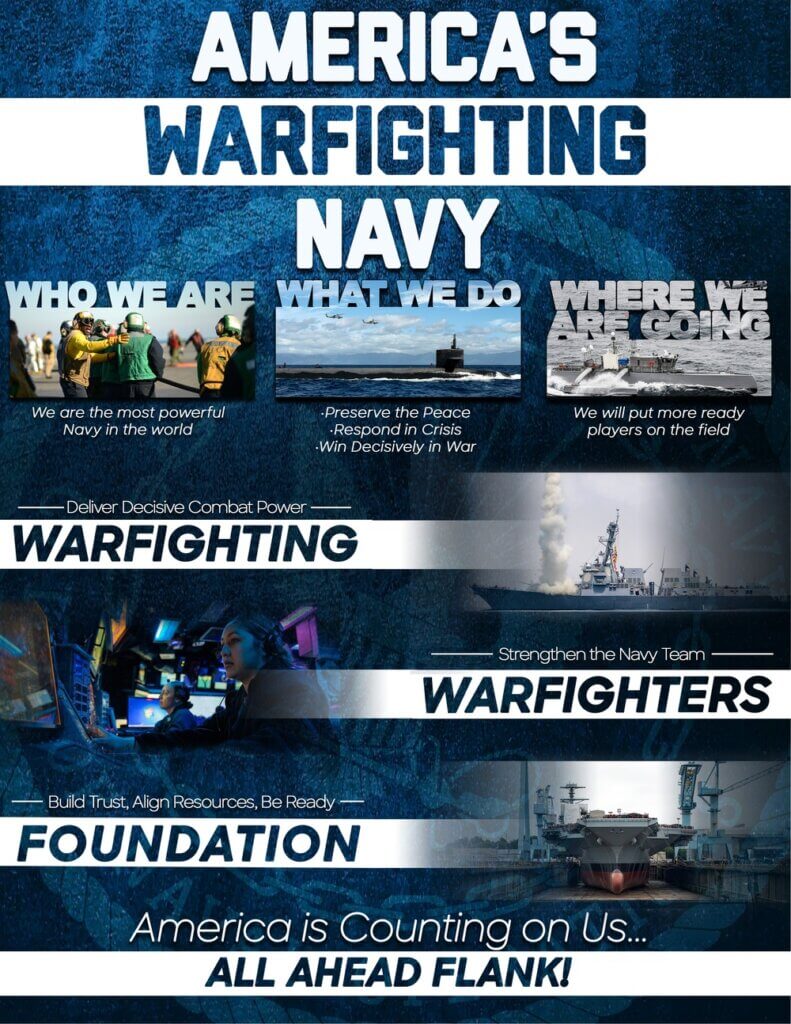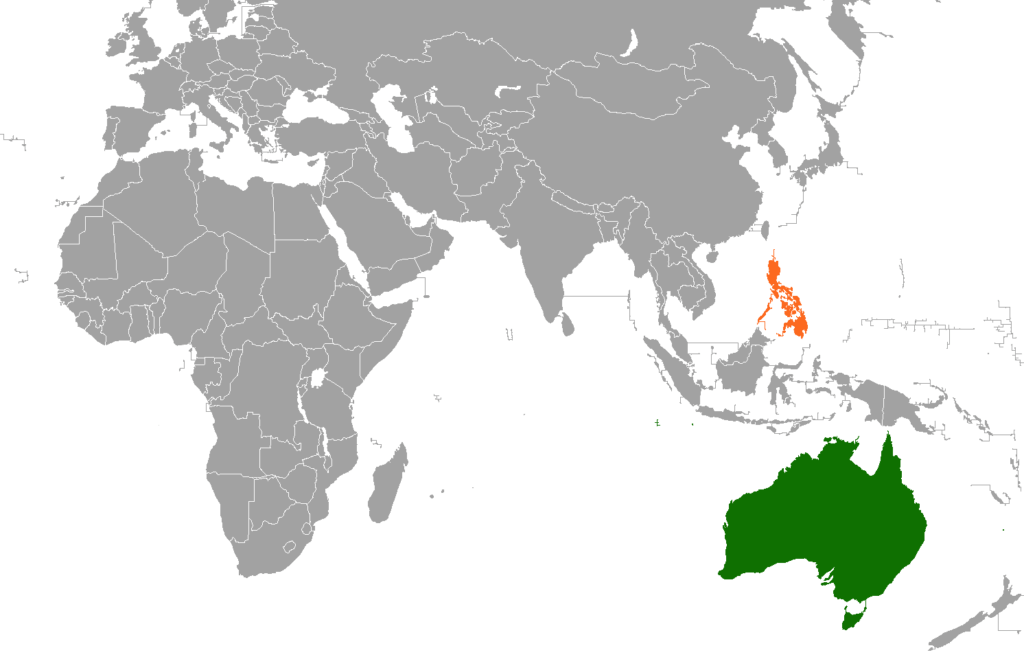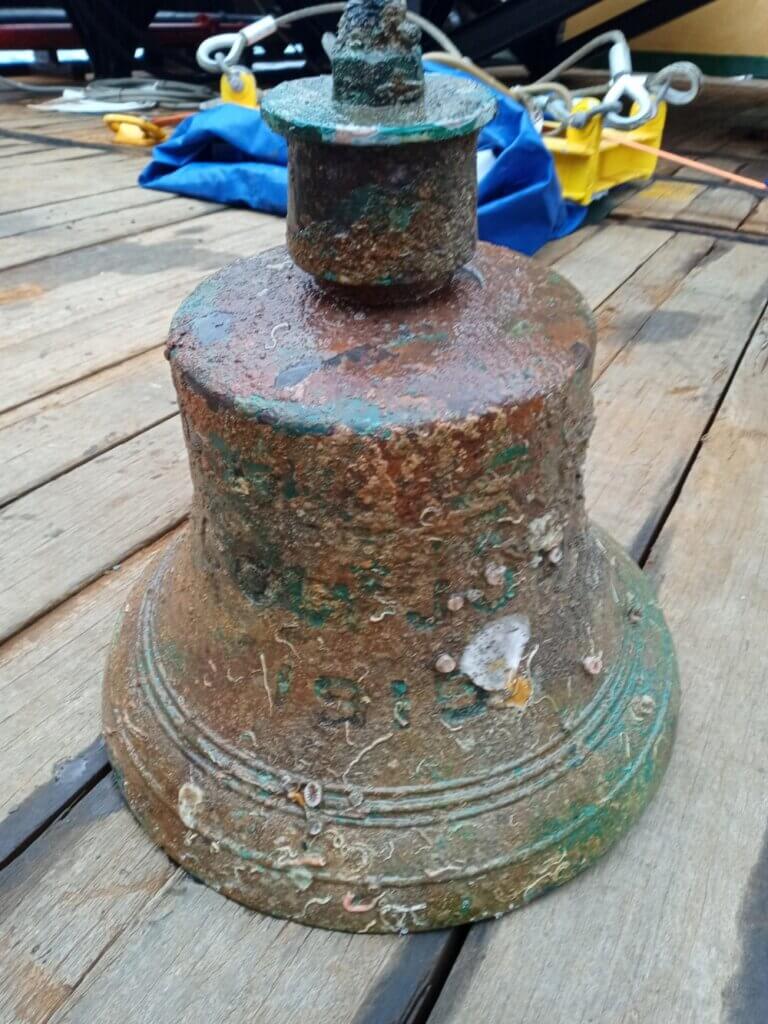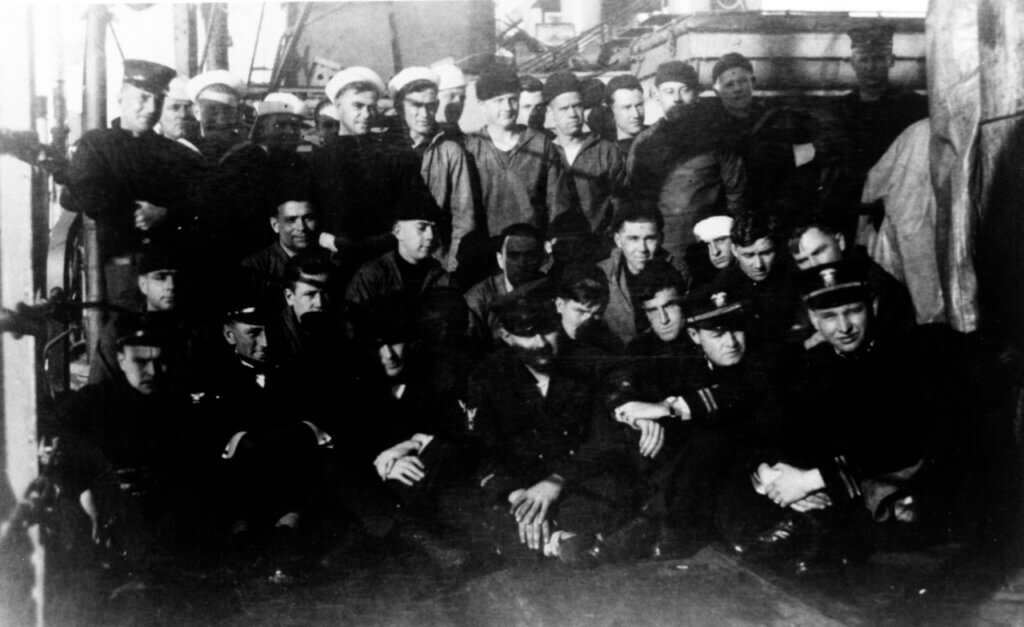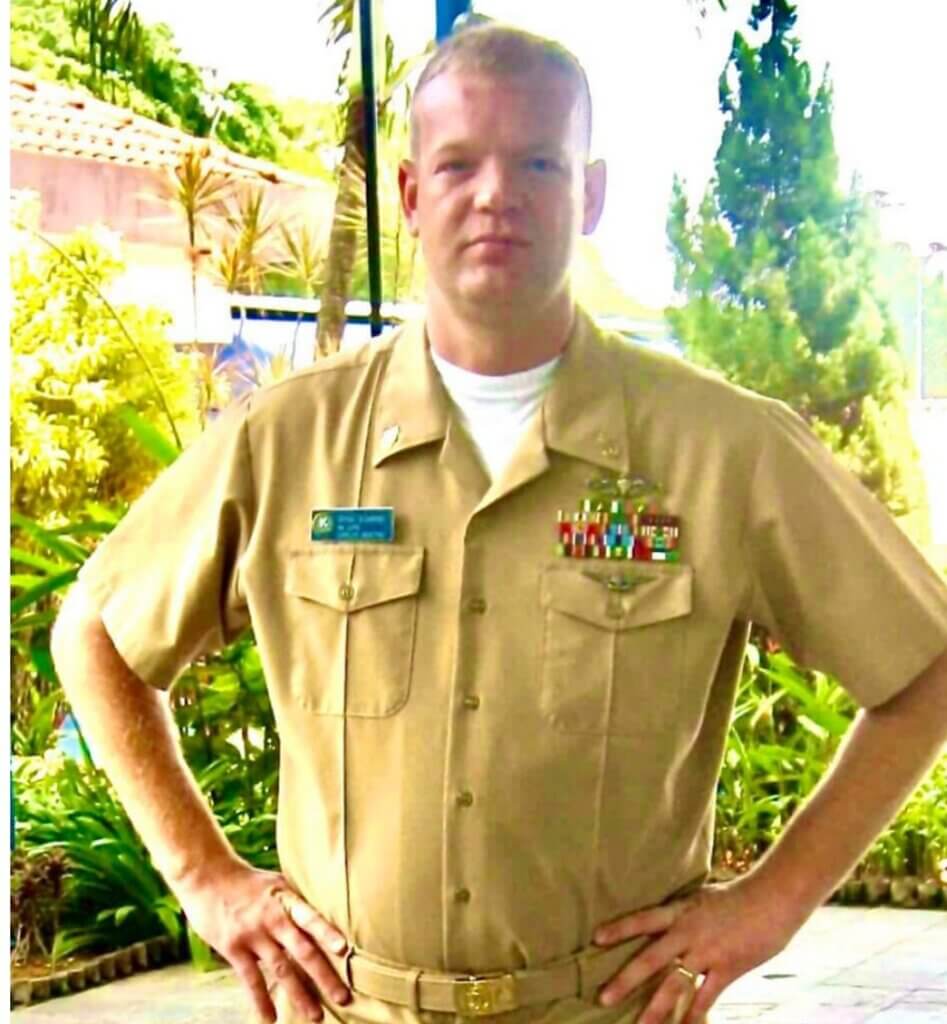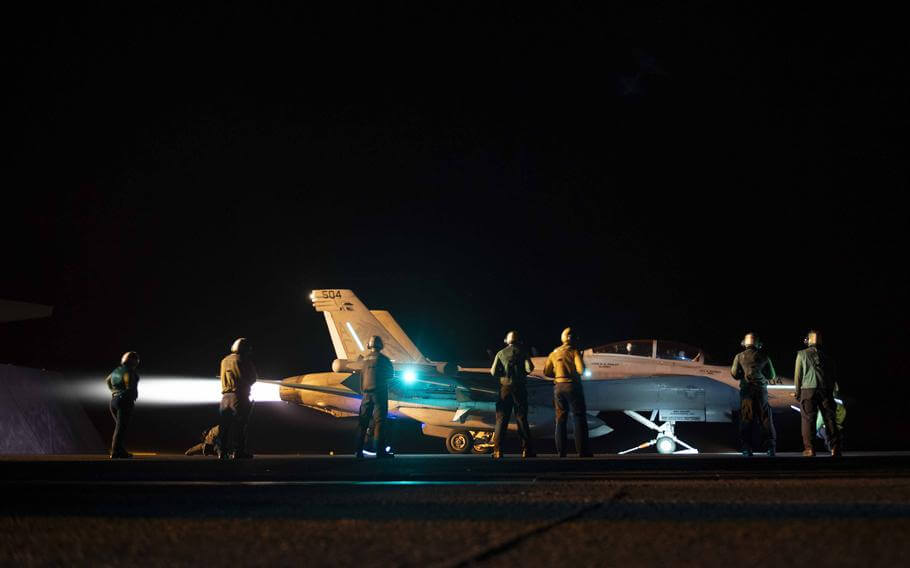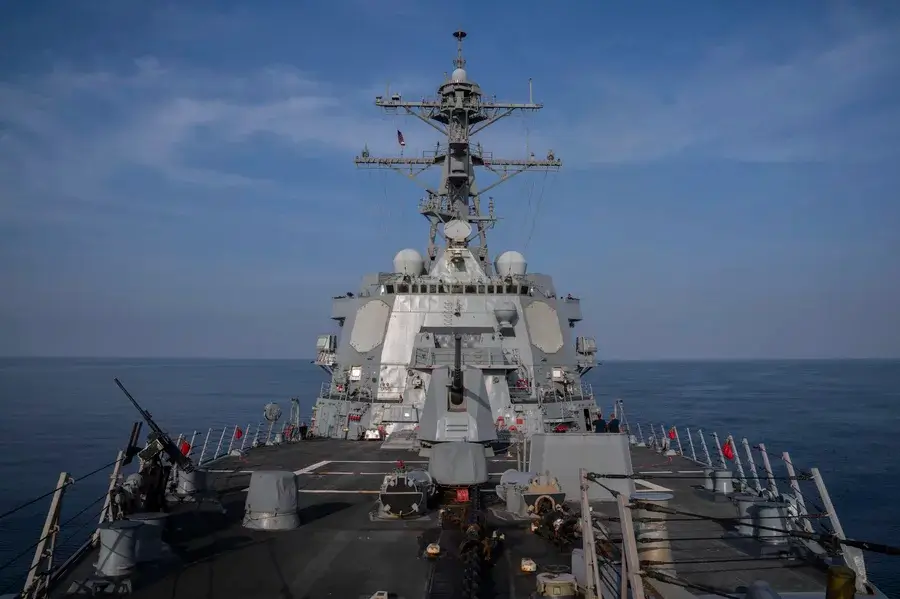
Introduction: Continuation of Excellence
In an era where global maritime security remains a cornerstone of international stability, the valorous acts of the United States Navy serve as a beacon of hope and a testament to the unwavering commitment of American sailors.
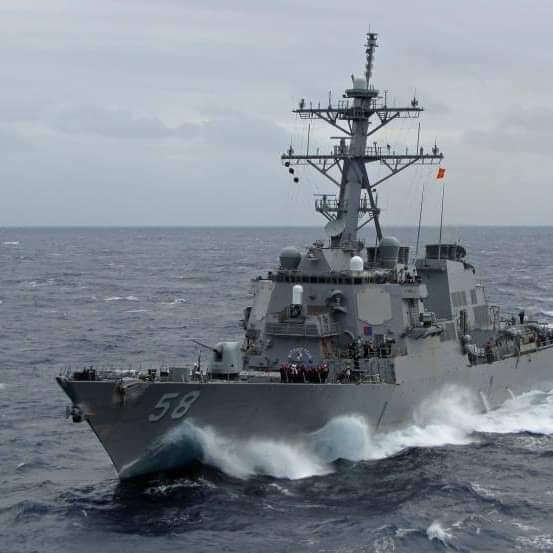
Among the recent commendable actions is the heroic assistance provided by the crew of the USS Laboon (DDG 58) to distressed mariners in the Gulf of Aden, underlining the ethos of service and sacrifice that . defines the U.S. Navy.

Key Takeaways
- Prompt Response: Upon receiving a distress signal, the Laboon’s crew swiftly deployed a rigid-hull inflatable boat to aid the mariners, showcasing the Navy’s readiness to respond to emergencies.
- Successful Rescue: The sailors determined that the mariners’ vessel was disabled and safely brought them aboard the USS Laboon, ensuring no injuries were sustained in the process.
- Command Excellence: Cmdr. Eric Blomberg, the commanding officer of the Laboon, praised his crew’s fearless and compassionate execution of the rescue, highlighting the exemplary teamwork and leadership aboard the ship.
- Strategic Deployment: The USS Laboon’s presence in the U.S. 5th Fleet area of operations is pivotal for maintaining maritime security and stability in the Middle East, reflecting the strategic importance of naval deployments in global peacekeeping efforts.
The Distress Call
A Story of Bravery and Compassion
On March 11, the serene waters of the Gulf of Aden were disrupted by an urgent distress call. Three mariners found themselves in dire straits as their vessel ceased to function, leaving them adrift and vulnerable in the vast sea.
The Swift Response
Understanding the gravity of the situation, the USS Laboon, an Arleigh Burke-class guided-missile destroyer, immediately sprang into action. The crew prepared a rigid-hull inflatable boat, embarking on a mission fraught with uncertainty but driven by an unwavering resolve to assist those in need.
The Rescue
The seasoned sailors of the Laboon navigated the challenging conditions to reach the stranded mariners. Their expertise allowed them to quickly ascertain the situation and provide the necessary assistance, embodying the Navy’s core values of honor, courage, and commitment.
The Safe Harbor
With the mariners safely aboard the Laboon, the crew ensured their well-being, a testament to the compassion and professionalism that define the United States Navy. The mariners were later handed over to a regional coast guard, concluding a successful rescue mission.
Conclusion: A Testament to American Naval Excellence
The actions of the USS Laboon’s crew in the Gulf of Aden are more than a mere rescue; they are a powerful affirmation of the United States Navy’s role as a guardian of the seas and a protector of the vulnerable.
Such acts of bravery and compassion reinforce the image of Americans for a Stronger Navy, not just in terms of firepower but as a force for good in the world.
As we continue to navigate the complex waters of global geopolitics, the valor and virtue of the Navy’s sailors remain our strongest assets in promoting peace, stability, and security across the world’s oceans.
